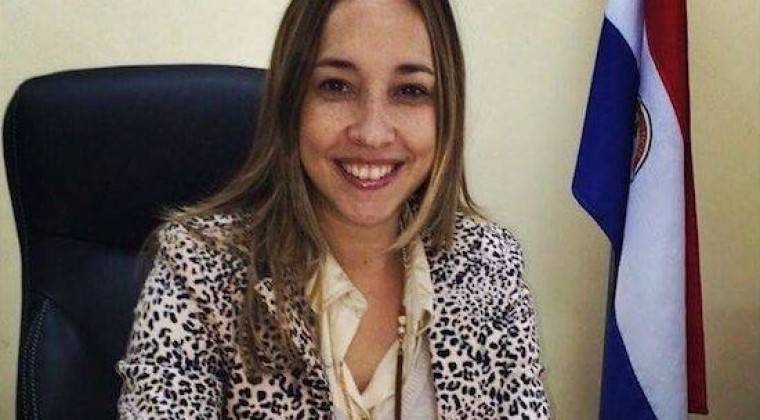The National University of La Plata (UNLP) approved this Tuesday the last formal step to carry out the restitution to a Mapuche community of Santa Cruz of the complete skeleton of Michel, a man who, accused of stealing a poncho, was murdered in the 19th century by personnel from the La Plata museum, after which it was unearthed and delivered to the Museo de La Plata to be exhibited in its showcases.
The president of the UNLP signed a resolution, ad referendum of the Superior Council, where he ratifies the unanimous approval by the Board of Directors of the Faculty of Natural Sciences and Museum of resolution No. 113/20 of September 20, 2021, on the Michel’s restitution to the Millanahuel Mapuche Community of Río Turbio, Santa Cruz province.
“This restitution strengthens us as a community and as a people, it gives us strength to continue with the recovery of what has been taken from us.”María Millanahuel, reference of the Millanahuel community
Michel was killed in 1888 by the hunter of the Platense Museum Antonio Pozzi during an expedition to the territories of the current province of Santa Cruz.
On that occasion he was accused by Pozzi himself of stealing a poncho in Corpen Aiken, on the Río Chico.
In 1888, at the time of his murder, the community to which Michel belonged claimed his body, which was returned to them and they buried him, but Pozzi wrote down the coordinates of the burial and ten years later, on his 1898 trip, he returned, unearthed the body, and took it to the Museum for display.
The anthropologist of the National Institute of Indigenous Affairs (INAI), Fernando Miguel Pepe, told Télam that “this is a fact that is part of the public policy of historical reparation for native communities and is also an unprecedented policy in our region; today we are rewriting history. “
“Each restitution of a murdered in the framework of the genocide towards our native peoples is a reparation for all communities and is especially for the Mapuche people at this time it is again in the sights of real estate interests,” he said
And he reflected: “The visibility of the genocide they have suffered, in this case through the restitution of prisoners of science, is essential to understand the current state of affairs.”
He stressed that “it is the last bureaucratic step that had to be completed, it has already been approved by the INAI, the Faculty of Natural Sciences and the Rector’s Office, now it only remains to coordinate a date for the delivery of the remains to the community.”
“The visibility of the genocide they have suffered, in this case through the restitution of prisoners of science, is essential to understand the current state of affairs”Fernando Miguel Pepe
“With this we already have three restitutions ready to be finalized at the UNLP: the three Wichi murdered between 1881 and 1921, Maish Kensis the young Yagán who died prisoner of Science in the same Museum, and now Michel murdered in 1888,” he said.
The refund specialist considered that “The Museum opened its doors last October 8 but it is already regularizing its situation so we hope to close the year with a restitution”.
María Millanahuel, a reference for the Millanahuel community, told Télam that “for our people, our community, and above all for our Mapuche people, this restitution is very important, to further strengthen the permanence of our people in this area, in the province of Santa Cruz, due to our preexistence to the states and the border limits “.
“This restitution strengthens us as a community and as a people, it gives us strength to continue with the recovery of what has been taken from us,” he remarked.
He stated that “we are very happy and grateful for the accompaniment of many people in this process and especially from communities of Chubut, Santa Cruz and other provinces. Now we want to give you a good rest and so that you can continue your cycle accordingly, as our worldview conceives it, “said Maria excitedly.
“Petu mongeliñ”, affirmed María in the Mapuzungún language and that means “we still live.”









